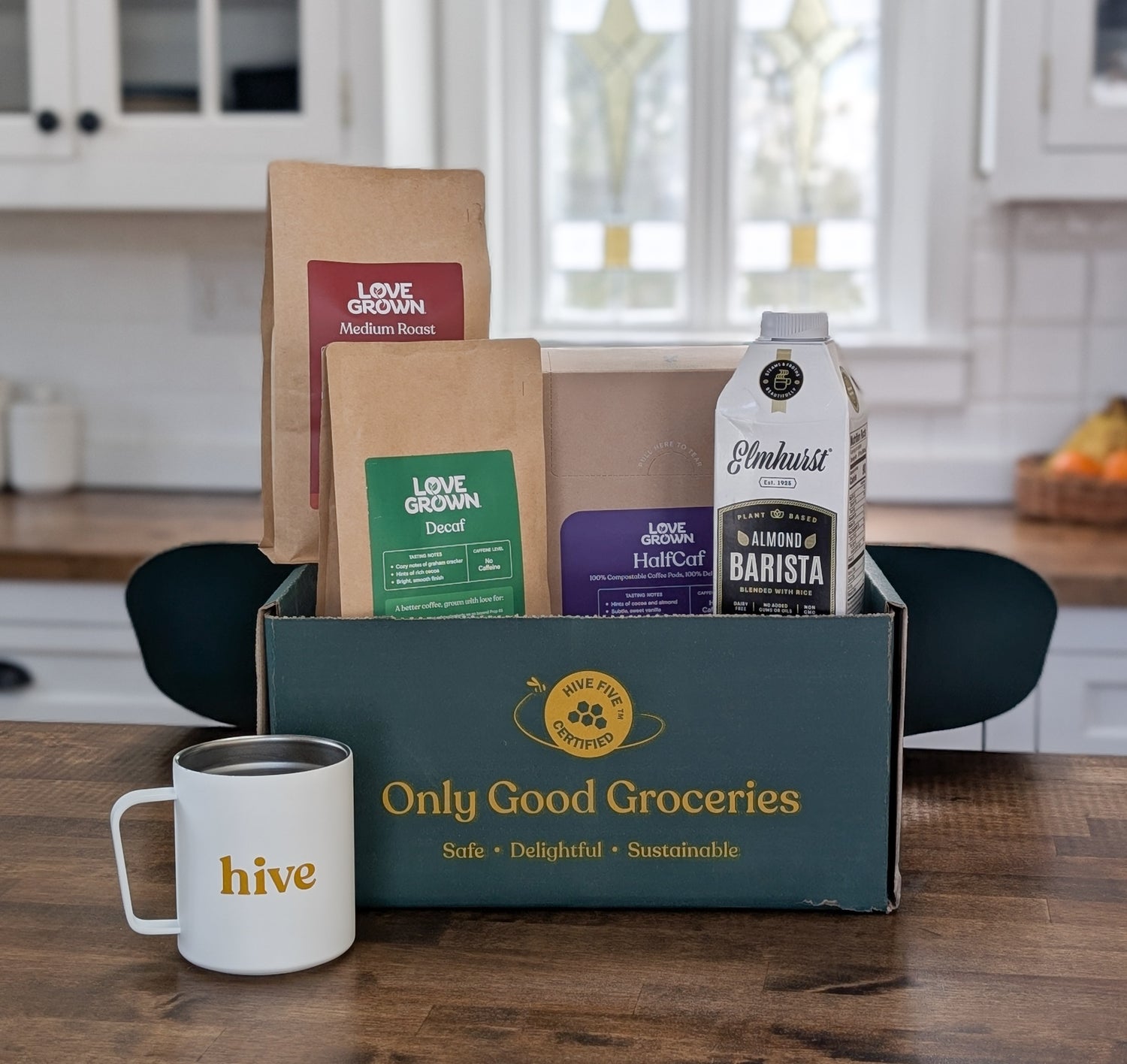As pet owners, we want our furry friends to live happy, healthy lives, but we also want to be mindful of our impact on the environment. Did you know that the pet industry has a significant impact on the planet? According to estimates, if America's 163 million cats and dogs were a nation, they would rank fifth in global meat consumption.
The good news is that there are sustainable options for pet food that can help reduce our pets' carbon pawprints. Here are some things you should know about sustainable pet food:
- Look for Brands with Sustainable Sourcing Practices
Sustainable pet food brands prioritize the use of ethically sourced, all-natural, non-GMO, and organic ingredients. They work with farmers and suppliers who follow sustainable agricultural practices, source as locally as possible and avoid harmful chemicals. Brands like The Honest Kitchen are setting the bar for sourcing: they only work with suppliers who meet strict safety and sustainability standards. Every bag of food is 100% human-grade, non-GMO, free from chemicals and preservatives, and fair-trade whenever possible.
At Hive, we have our own set of criteria called the Hive Five, which we use to vet and certify the companies we partner with. We also have a pet panel that tastes and approves every pet product we carry to ensure they meet our high standards.
- Consider Plant-Based or Low-Impact Protein Sources
Plant-based pet food and treats are a great option for pets with food allergies, as well as for those who want to reduce their carbon footprint. Brands like Petaluma offer plant-based formulas made with peanut butter and sweet potato that provide all the protein, vitamins, and fiber that your dog needs.
Low-impact protein sources like crickets, vegan spirulina, and silver carp are also becoming more popular. Brands like Chippin source their proteins directly from American farmers, reducing their carbon footprint and prioritizing the ecosystem.
- Check for Transparency and Traceability
Transparency and traceability are essential when it comes to sustainable pet food. Brands like Open Farm have created ingredient tracing tools that allow pet owners to track everything in their pet's bowl back to its source. This way, you can be sure that the meat is sourced from farms that follow strict animal welfare standards and that the fish are free from antibiotics and artificial feeds.
- Consider Upcycling
Upcycling is the process of using food waste or byproducts to create new products. Brands like Primal Pet Foods use bones and raw food-based products to create freeze-dried nuggets that use all the nutrient-dense parts of animals that would have been wasted otherwise.
- Choose High-Quality Protein Sources
High-quality protein sources are essential for pets' health and well-being. Brands like ZIWI only source grass-fed, free-range meats and poultry raised under New Zealand's Freedom Principles. Their food is protein-packed, with up to 97% meat, seafood, and superfoods, so there's no need to worry about unwanted carbs.
In conclusion, sustainable pet food is not only better for the environment, but it's also better for your pet's health. By choosing brands with sustainable sourcing practices, considering plant-based or low-impact protein sources, checking for transparency and traceability, considering upcycling, and choosing high-quality protein sources, you can help reduce your pet's carbon pawprint and ensure they live happy, healthy lives.

